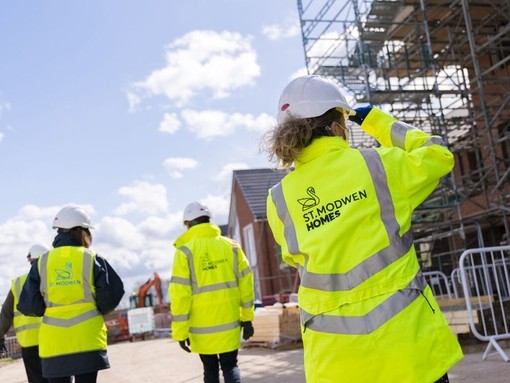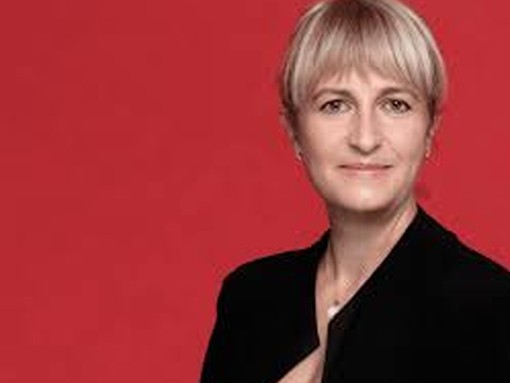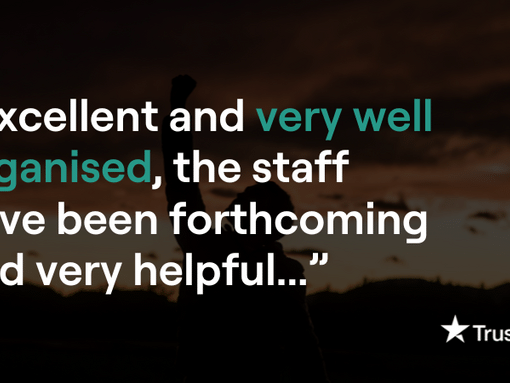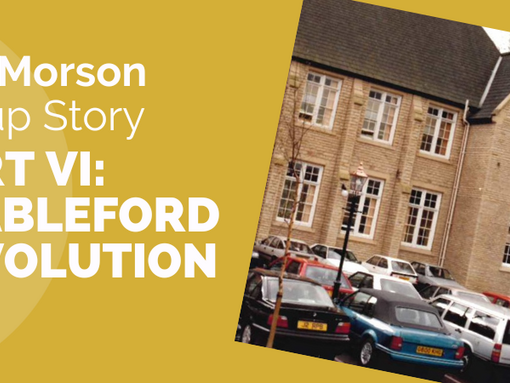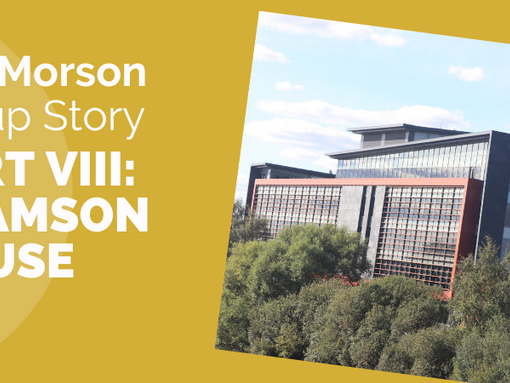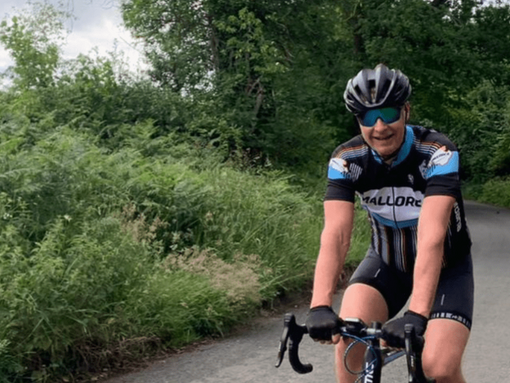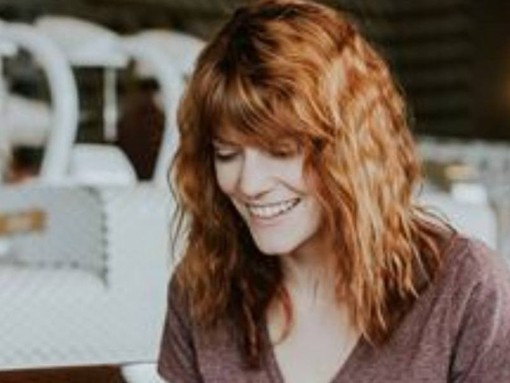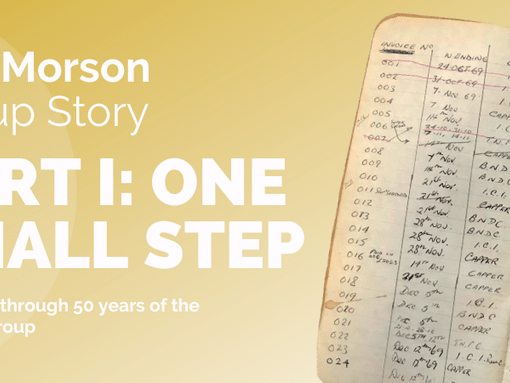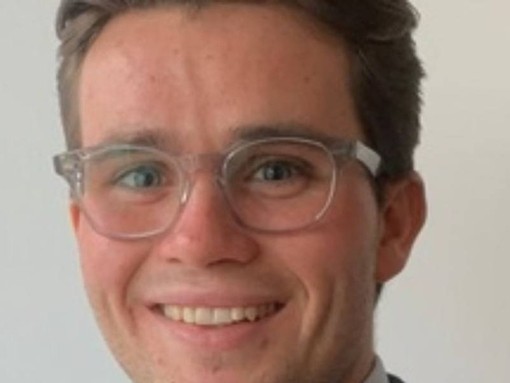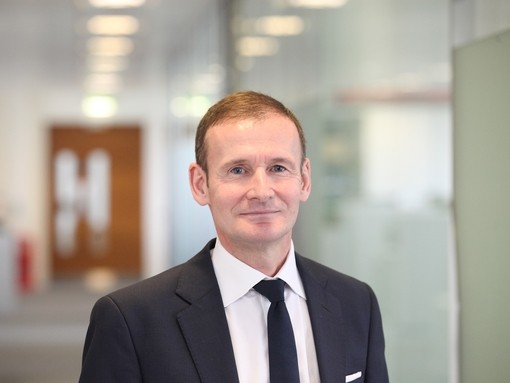
3D Printed Specialist PPE for Deaf Staff and Students at Seashell Trust
We spoke with the Seashell Trust’s lead nurse Kate Bunting and head of fundraising Dominic Tinner, to find out about their particular challenges in caring for some of the most vulnerable young people in society at this time.
Traditional PPE is particuarly problematic at Seashell and the Morson Maker Space are enabling effective communication for deaf care staff and students* through specialist 3D printed visors.
*all images taken pre-COVID
Morson has a long history with the Seashell Trust, a North West based charity which provides a happy and secure environment for children and young adults with complex learning disabilities and additional communication needs, from across the UK.
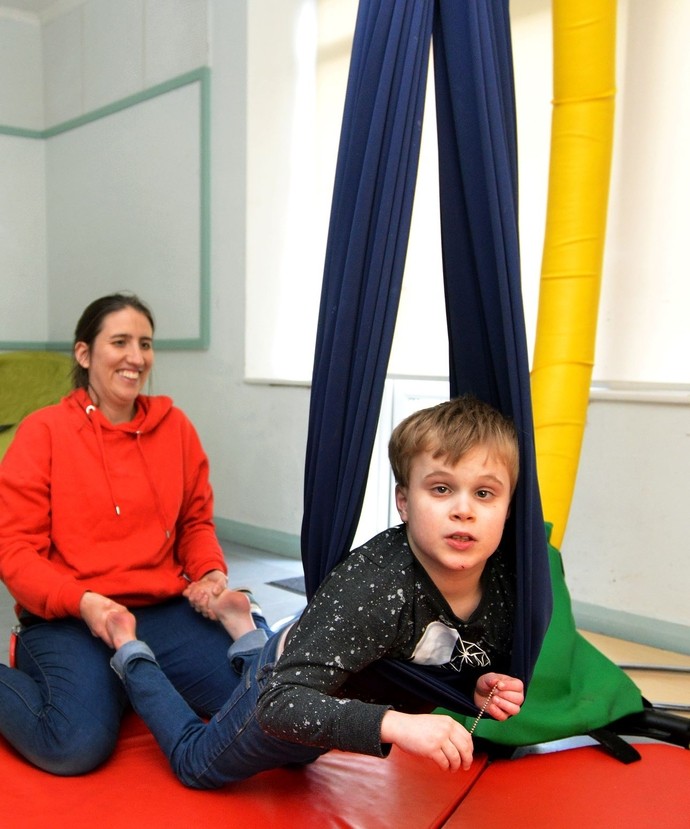
As well as day learning and sports facilities, Seashell provides accommodation, in the form of state-of-the-art care homes, for students attending the school or college and for children and young people accessing short breaks. Currently, the facility has up to 28 students on site, some of whom are full time residents and some who have been able to continue to visit for short stays.
The COVID-19 pandemic is affecting all factions of society but is particularly serious for those classed as vulnerable or high risk. Many of the children who reside at the Seashell Trust are some of the most vulnerable in society and therefore staff are diligently taking the necessary PPE precautions to protect the students in their care and themselves.
The workers are wearing the required PPE when interacting with all individuals, however with both deaf students and care staff at Seashell, traditional PPE is particularly problematic, as the blue, fluid resistant surgical masks make lip reading impossible.
With little or no language abilities, the young people at Seashell rely on the care staff to help them communicate and engage with the world around them. As deaf staff and students use visual cues from lip reading, the opaque PPE creates a significant communication problem. Currently, effective communication is particularly crucial as many of these children are in the highest risk category and are therefore shielding, isolated and unable to see any family.
In response, Chris Burke director at engineering design consultancy Morson Projects, introduced the Seashell Trust to the Morson Maker Space, who have been solving PPE challenges through innovation and technology. The team at the engineering facility in the University of Salford, offered to develop a prototype visor which would enable deaf staff working with the children still living at Seashell, to lipread.
Kate, lead nurse at the Seashell Trust, visited the University of Salford where teams at the Morson Engine Room and Maker Space have recently developed a medical visor using 3D printing in direct response to the needs of hospital staff fighting coronavirus. Following initial testing, the team have produced visors to donate to NHS organisations across the UK, including the Salford Royal Foundation Trust.
Kate discussed with the engineers how to adapt their current product to develop a visor which would be fit for purpose for the deaf carers at Seashell.
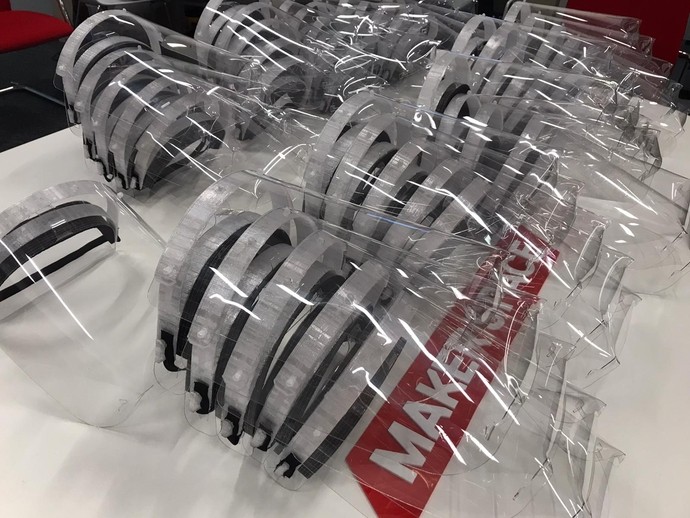
Kate explains:
“The visor they were currently producing wasn’t quite right for us and we discussed how to make a visor that would keep our staff and students safe but enable that crucial communication. The visors they are currently producing are designed to be worn with respirator masks, meaning they come away significantly from the face. We have adapted this design, creating a visor that is shorter, comes closer to the chin, with a lip that wraps under the face slightly. Our visor provides much closer cover to the face to enable lip reading and visual contact is made easier. They are going to make a prototype and once that prototype is approved, they are going to start production for us”
Coping with COVID and the subsequent restrictions has been difficult for all, however for the young people at Seashell and their care workers, explaining the situation, adapting to new conditions and disruptions in routine, come with increased challenges. Kate said:
“Many of the children don’t like the masks and we’ve had instances of them being removed but the staff are doing an incredible job in engaging with the students and explaining the situation to them using techniques like social stories. Our care staff have also created badges which have their face on, so when they are wearing the full PPE the children can still recognise them.”
Social stories provide simple information in a visual format, created by speech and language therapists to explain situations and share key messages with people who struggle with written and verbal communication. These are normally used alongside other resources or ‘alternative and augmentative communication’ (AAC) strategies to prepare the children and young adults for changes in routine, such as hospital appointments. Changes to routine can be difficult, particularly for those who are on the autism spectrum. The staff at Seashell have used social stories and AAC to explain PPE and coronavirus and have provided guidance to staff to promote communication with individuals who have multisensory impairments including deafness. As such, the bespoke visors will be hugely beneficial in further prompting successful communication.
This is not only difficult time for the young people staying at Seashell but, for the parents who are unable to see their children, the current situation is extremely hard. By putting the safety of their students first, Seashell have had to disallow family visits. Kate explains how they’re using technology to keep families in contact:
Our priority is keeping the children safe. But I’m a parent too and I completely understand that not being able to see your child is extremely difficult. So, we’re using FaceTime and other apps to help families to regularly communicate. In addition, our staff keep families updated with any developments. This is obviously the most difficult for the children who are shielding, as this restriction will be in place at least until the end of June.
As this week marks National Deaf Awareness Week, it is particularly important to recognise the additional challenges that some individuals are facing in our current climate. However, the collaborative efforts of Morson Projects, Morson Maker Space and University of Salford, shows the power of a collective response in making a huge difference to our communities and local partners.
We thank the care staff at Seashell Trust for their inspirational work in safeguarding some of the most vulnerable young people in our society and pledge to continue to support them.
If you would like further details on how you can support The Seashell Trust please get in touch with Dominic at dominic.tinner@seashelltrust.org.uk
The Seashell Trust is home to the Royal School Manchester, a non-maintained special school, and the Royal College Manchester, an independent specialist further education college. Both the school and college are residential and together cater for students from the age of 2 to 25.
One of the 17 residential homes on site, The Gerry Mason House, is proudly supported by Morson and the family of CEO Ged Mason.


